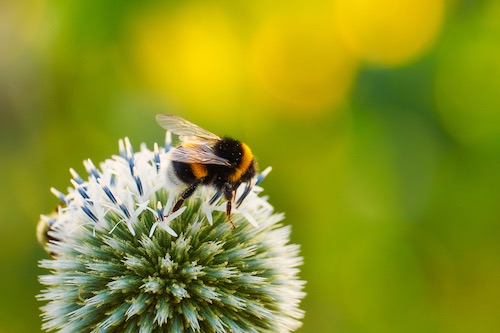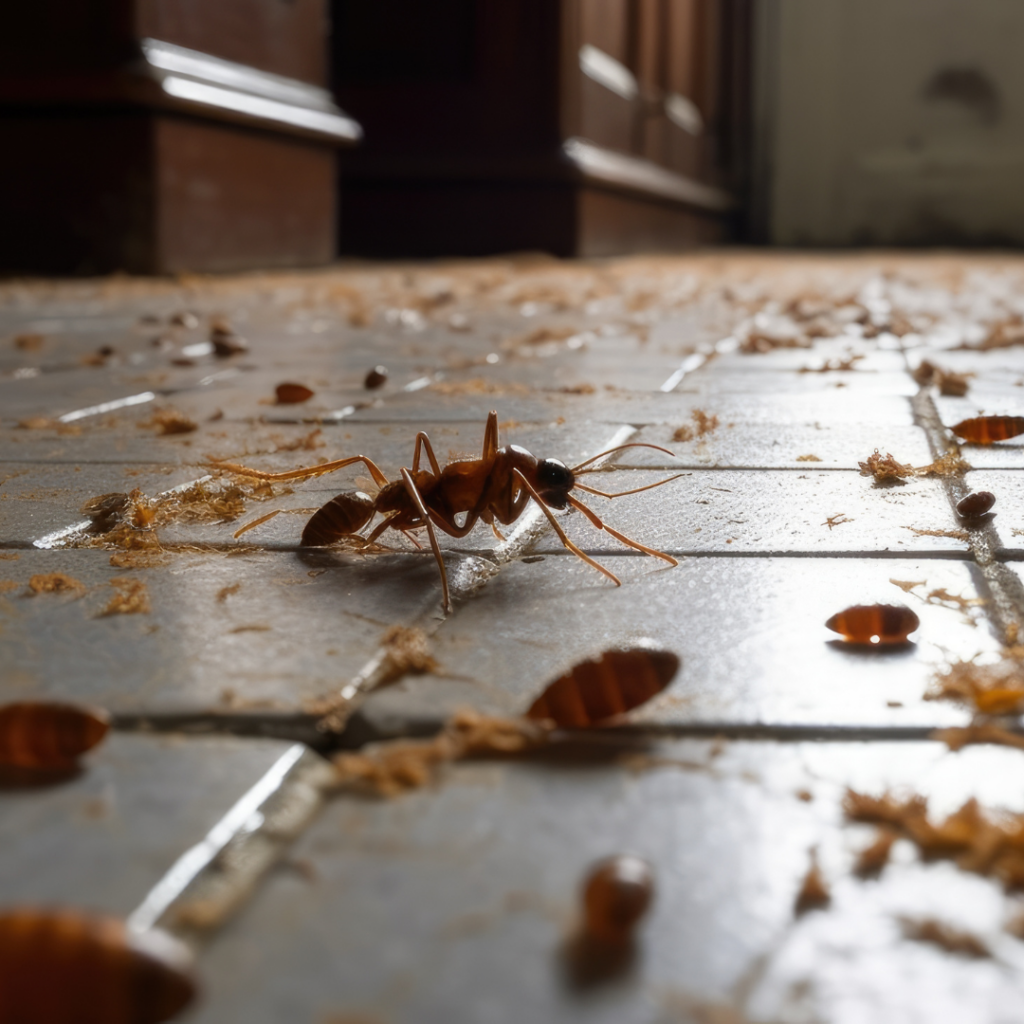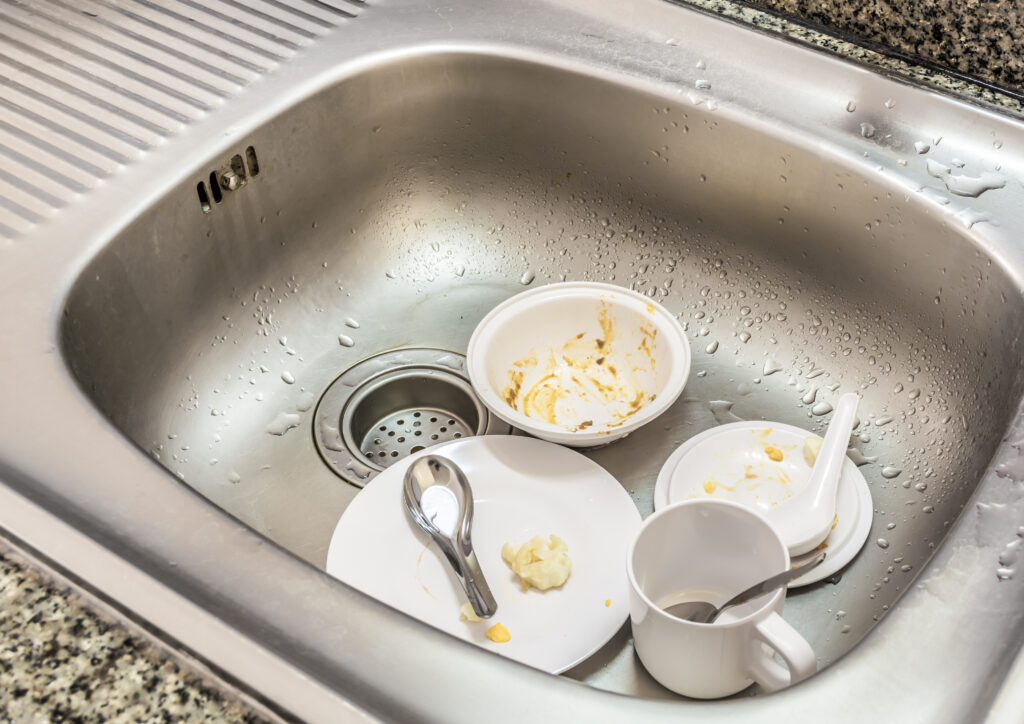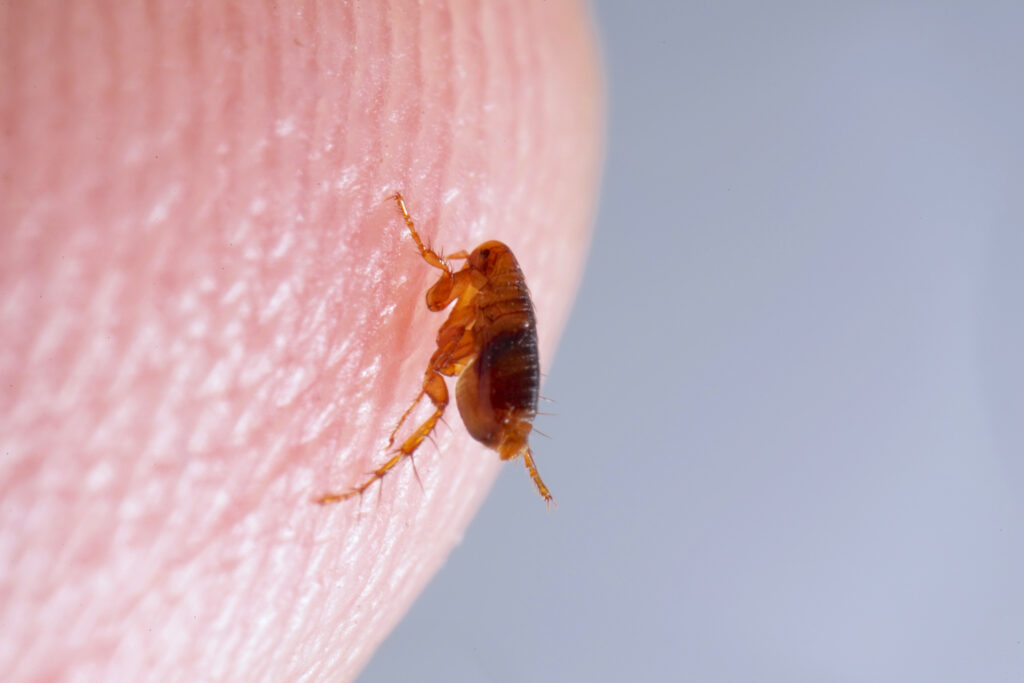Now that the peak of summer bug season is past, you may be noticing more activity among bees, wasps, and other stinging insects. Why are they becoming a problem now that fall is here? Read on to learn more about the reasons you’re seeing them and how professional pest control can help.
1. Bee and wasp nests are mature.
Many types of stinging insects spend their summers increasing the size of their nests. Populations reach their highest numbers by the time autumn arrives, which means more bees and wasps are sent out in search of food for themselves and their queen. So you’re seeing these insects more frequently simply because there are more of them and they’re on the move.
2. Natural food sources are scarce.
There’s a reason you weren’t too bothered by stinging insects during your summer cookouts: Summer’s blooms and other insects provided all the food they needed. Now that those sources are on the wane, bees and wasps may look for food that we provide, whether that’s sandwiches at a weekend picnic or s’mores by an afternoon campfire. They’re getting ready now for winter, so fall is an important time for them to stock up on food.
3. Fall cleanup disturbs stinging insects’ nests.
Perhaps you’ve been clearing your gutters or raking up piles of yard debris lately. These activities can stir up bee and wasp nests that you may not have been aware of over the summer. If you have fall cleanup tasks planned, take care to avoid encounters with stinging insects, particularly if you or any of your family members have allergies to stings.
Types of stinging insects to watch for.
According to
University of Florida entomologists, bees and wasps are closely related, but they differ in a number of important ways. Most are beneficial in some ways and some don’t pose much of a threat, while others should be promptly exterminated to protect your home and family. Here are some of the most common types of stinging insects found in our area:
- Honey bees: Honey bees are not particularly aggressive unless their hive is threatened. They’re attracted to sugary substances—if they can’t easily find flowers, they’ll look for sweet foods humans provide. These highly beneficial pollinators die after a single sting.
- Bumble bees: There are five species of these types of bees in Florida. Most types are large and social. The queens spend the winter in the soil, then emerge in spring to find a suitable place to establish their colonies. They’re beneficial pollinators, but can deliver severe stings.
- Carpenter bees: These bees are frequently mistaken for bumble bees. There’s a large type and a small one, with the former nesting in stumps, logs and dead branches, and the latter in excavated tunnels in the stems of bushes. They’re not a serious sting threat, but can damage your home by weakening structural wood.
- Africanized honey bee: These aggressive, non-native bees pose a severe risk to people who can’t quickly escape an attack, particularly the very young and very old, and people with disabilities. They frequently nest in close proximity to humans and can be agitated easily.
- Yellowjackets: Florida is home to the eastern yellowjacket and southern yellowjacket, both of which may nest on or above ground. On the plus side, these insects destroy other insects that attack ornamental and cultivate plants in your landscape. On the minus side, yellowjackets can quickly become agitated and repeatedly sting. They’re attracted to food sources in garbage cans and dumpsters, and open soft drink containers.
- Mud daubers
- Paper wasps: Named for the paper-like appearance of their nests, you’ll often find them under overhanging structures, such as the eaves on your home. Paper wasps are pollinators and keep the populations of some other undesirable pests down. They usually don’t sting unless they are threatened.
Reduce the danger of stings.
All types of stinging insects will aggressively defend their nests. There are several things you can do to help prevent stings:
- Don’t go barefoot in your yard. You may disturb insects that nest on or underground, or step on a single, foraging individual.
- If you still need to mow occasionally in fall, keep an eye out for bee and wasp activity on any blooming ornamentals.
- Keep your yard free of fruit that’s fallen on the ground, and pick ripe fruit promptly.
If you should be stung, FloridaHealthFinder.gov offers information on what to do in case of an
allergic reaction to a wasp sting or a
bee sting.
Call Turner Pest Control to exterminate stinging insects.
Clearing away the nests of wasps, bees or other stinging insects is not a do-it-yourself task. If you have these pests nesting on or near your house, contact us to schedule an appointment with our expert
pest control technicians.




